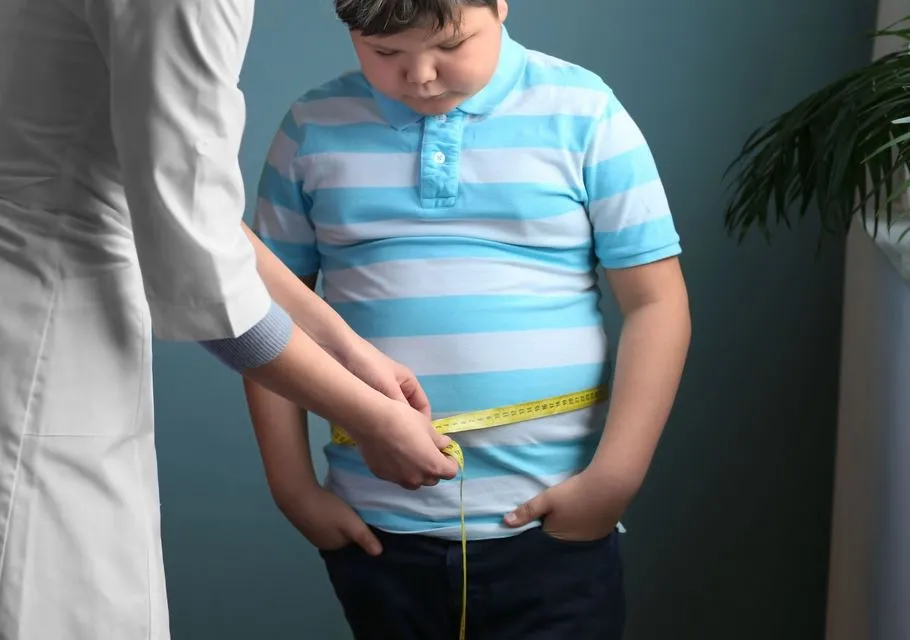ByOnlinecourses55

Food and nutrition - nutrition
In the previous presentation, we learned that nutrition, along with sleep and physical activity, are key actions for children to grow, develop and maintain their health. We also discovered that mealtimes are ideal for reinforcing affection, values and habits in children.
In this presentation, we will explore concepts such as food, nutrition and nutrients, which are fundamental to understand what it means to have a healthy diet.
Are feeding and nourishing the same thing?
Although they are closely related, feeding and nourishing are not exactly the same. Let's look at their definitions to better understand their differences.
Feeding is the set of actions aimed at obtaining products or substances from the environment for nutritional, social or psychological purposes. Feeding involves selecting and preparing these products to make them more digestible and appetizing.
Therefore, a food is any substance ingested for nutritional, social or psychological purposes.
Examples:
Water is considered a food because it provides nutrients such as sodium, potassium, magnesium, chlorine, calcium, sulfur and phosphorus.
Nutrition is the process by which the body transforms food into simple nutrients that can be absorbed and utilized by the body. This process includes ingestion, digestion, absorption, assimilation and excretion.
Nutrients are substances involved in cell growth, reproduction and maintenance.
The main nutrients include:
Classification of nutrients:
Although water is not usually considered a nutrient, it is essential for the proper functioning of the body, as it is involved in many vital functions.
Eating is a voluntary action, influenced by customs, religions and personal preferences. For this reason, it varies between cultures and regions. Nutrition, on the other hand, is an involuntary and unconscious process that occurs in a similar way in all human beings.
A healthy diet provides all the nutrients the body needs to function properly, improve health, reduce the risk of disease and ensure proper development and growth.